20 Quotes on Gardens by Ancient Authors
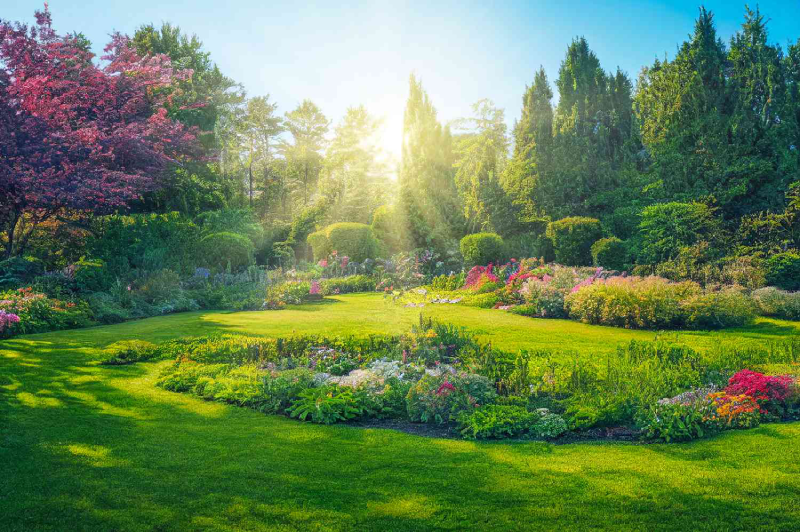
Introduction
Gardens, with their timeless allure, have always been viewed as inspirational, peaceful, and beautiful sanctuaries. Ancient writers and poets, with their profound wisdom and eloquence, have beautifully encapsulated these verdant havens in their works. The classic quotations we explore here not only capture the complex charm of gardens, but also offer a rich diversity of perspectives.
From the contemplative thoughts of Cicero to the poetic images of Virgil and Homer, these quotes present gardens as symbols of inner tranquility, personal development, and the harmony of nature, in addition to being physical spaces of solace. Dive into these 20 thought-provoking quotations from historical figures to see how gardens’ beauty and significance have been appreciated across time and cultures, and how they continue to inspire us today.
Different Perspectives to a Garden and Inspired Quotes by Ancient Authors
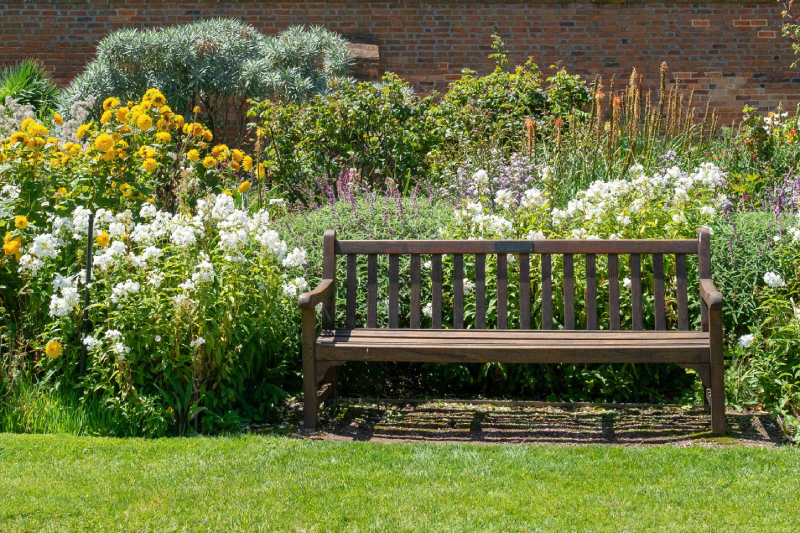
By exploring the various perspectives of ancient authors on gardens, we can recognize the universal feelings and experiences they evoke. Gardens, for them, were not just physical spaces but metaphors for leisure, beauty, personal development, and tranquility. Their enduring wisdom speaks to us, regardless of time and place, deepening our understanding and appreciation of gardens in our own lives. Here are 4 different perspectives of how ancient authors have viewed gardens and molded that into quotes along with their hidden meanings:
- Gardens as a symbol of peace
Gardens provide a haven of calm and tranquility where people can escape the stress of everyday life. These areas promote calm reflection and a feeling of rejuvenation.
According to Cicero: “If you have a garden and a library, you have everything you need.”
Meaning: Knowledge and the basic joys of nature are the sources of genuine contentment.
Epicurus said, “Not what we have, but what we enjoy, constitutes our abundance.”
Meaning: Gratitude for what we already have rather than chasing for more is the path to happiness.
Horace said, “You may drive out Nature with a pitchfork, yet she still will hurry back.”
Meaning: The influence and presence of nature are constant and unavoidable.
Seneca said: “A garden is not made in a year; indeed, it is the labor of a lifetime.”
Meaning: Creating something lovely and long-lasting takes time and consistent work.
The Elder Pliny: “Nature, in giving tears, confesses that she has given man a heart.”
Meaning: We are deeply connected to nature, as seen by our emotional reactions.
- Gardens as metaphors for personal growth
Gardens signify the care and perseverance required for growth and self-improvement, as well as nurturing one’s inner self.
Marcus Aurelius: “Inspect yourself. The source of goodness is within; if you dig, it will always bubble up.
Meaning: Self-reflection and self-discovery are the sources of true virtue and wisdom.
“Time is the most valuable thing a man can spend,” said Theophrastus.
Meaning: Good use of one’s time is essential to happiness and personal development.
Ovid said, “Happy is the man who has broken the chains which hurt the mind and has given up worrying once and for all.”
Meaning: Letting go of worries and mental burdens is the first step towards true happiness.
Virgil wrote: “Through various hazards and events, we move to Latium and the seat of sacred groves.”
Meaning: Despite its difficulties, life’s journey brings us to sanctuaries and peaceful places.
Sappho writes: “With his venom, irresistible and bittersweet, that loosener of limbs, Love, reptile-like, strike me down.”
Meaning: Love, like nature, can be both beautiful and overpowering, affecting us deeply.
- Gardens as a reflection of the beautiful nature
Gardens are miniature representations of the natural world, displaying its diversity and beauty. They inspire awe and serve as a reminder of nature’s innate artistic quality.
Homer wrote: “The thick shade, full of the sounds of nature, is a shelter from the sun and a place of refreshment.”
Meaning: The natural world offers a haven of solace and renewal.
Virgil wrote: “Happy is he who is far from business cares, who, on his own ground, lives remotely.”
Meaning: Simplicity and a strong bond with nature are the keys to true happiness.
According to Cicero: “The study and contemplation of nature is one of the greatest pleasures.”
Meaning: Taking in and pondering nature is incredibly uplifting and enlightening.
Horace said, “He who is contented with his wealth is the richest of all.”
Meaning: True riches come from being content with one’s surroundings.
“Nature is the artist in the garden,” said Pliny the Elder.
Meaning: Gardens showcase the ingenuity and splendor of nature.
- Garden as a place of recreation
Gardens are a lovely place to unwind and enjoy life, and they are great for socializing, leisure activities, and relaxation.
Cato the wiser: “The master must not be forever dallying about, but must attend to his garden.”
Meaning: Taking responsibility for one’s environment is essential, even though leisure time is vital.
Seneca said, “Leisure without books is death and burial of a man alive.”
Meaning: Genuine leisure incorporates both mental and physical stimulation.
Epicurus said, “It is not so much our friends’ help that helps us, as the confidence of their help.”
Meaning: The reassurance of friends’ support is worth more than the assistance.
The Elder Pliny: “True glory consists in doing what deserves to be written; in writing what deserves to be read.”
Meaning: Our words and deeds ought to have enduring significance.
Virgil said, “Time flies, never to be recalled.”
Meaning: Because our free time is so short, we should treasure it and use it to the fullest extent possible.
Inspiration for the Modern Times
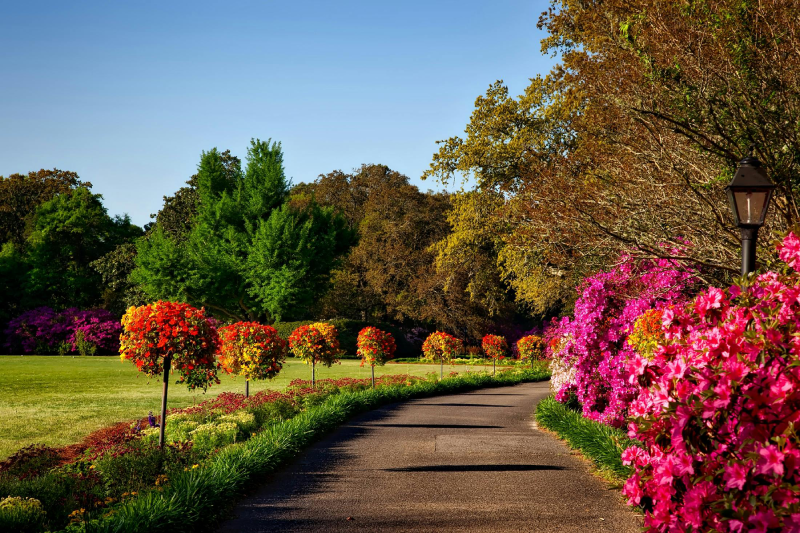
Modern writers can still find excellent guidance and inspiration from gardens, as demonstrated by the reverence shown by ancient authors in their timeless quotes. They represent a concept of equilibrium and rejuvenation that is more than just peaceful areas. Cicero’s notion that a garden alongside a library defines completion resonates today, highlighting the necessity of cultivating both the mind and spirit. Epicurus tells us that true abundance originates from appreciating what we have and creating a mindset of gratitude despite material aspirations. As this is going on, Horace’s observations about the adaptability and perseverance of nature teach us valuable lessons about overcoming modern obstacles. Seneca’s allegory about gardens being a lifetime’s work highlights the perseverance and commitment needed for professional and personal progress. Pliny the Elder’s observation of nature’s emotional connection underscores the universal human need for solace and emotional nourishment in natural settings. These ancient perspectives on gardens guide us to cultivate inner peace, pursue meaningful growth, and cherish the beauty and resilience of nature, offering timeless wisdom for navigating our modern lives with grace and fulfillment.
Conclusion
These 20 lines from classical writers perfectly capture the enduring charm of gardens. In light of these observations, gardens become places for leisure and pleasure, havens of peace and tranquility, metaphors for human development, and displays of the beauty of nature. These historical voices give significant ideas that resonate today, from Virgil’s poetic appreciation of nature’s magnificence to Cicero’s embrace of gardens as necessary for a fulfilling existence. By accepting these viewpoints, we can value gardens as metaphors for taking care of our inner selves, achieving harmony with the natural world, and being beautiful physical places. Allow these proverbial sayings to encourage you to create a garden in your backyard and treasure the eternal lessons these verdant retreats may teach you.

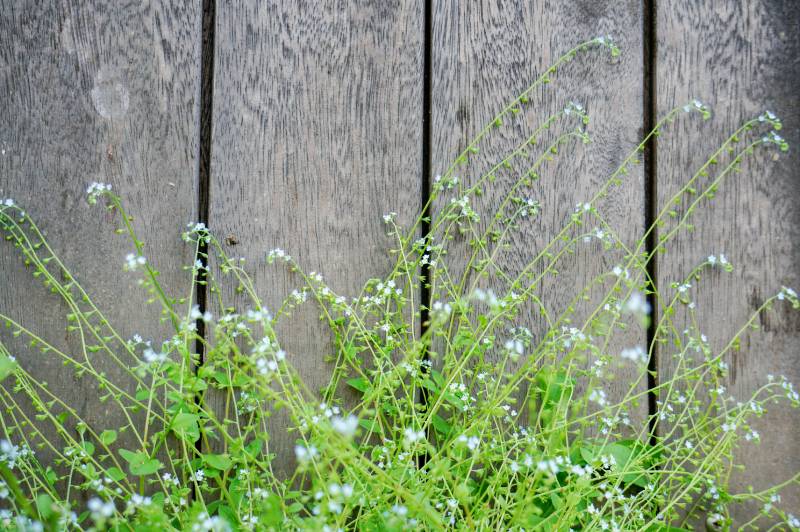
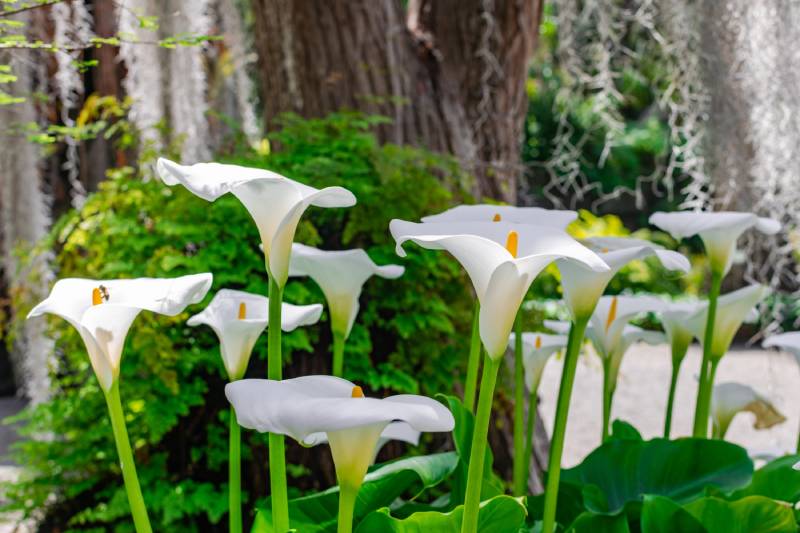
Leave a Reply